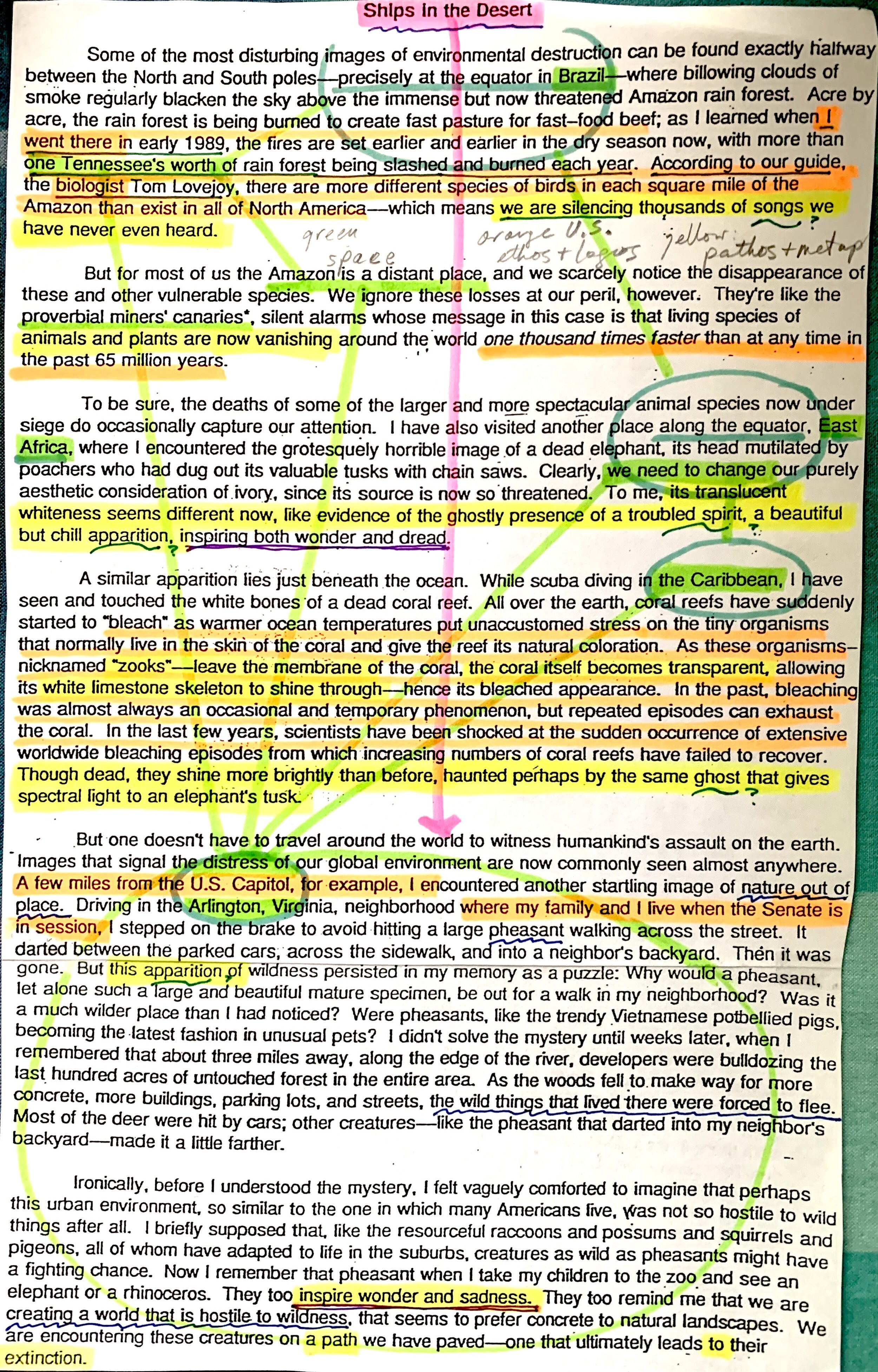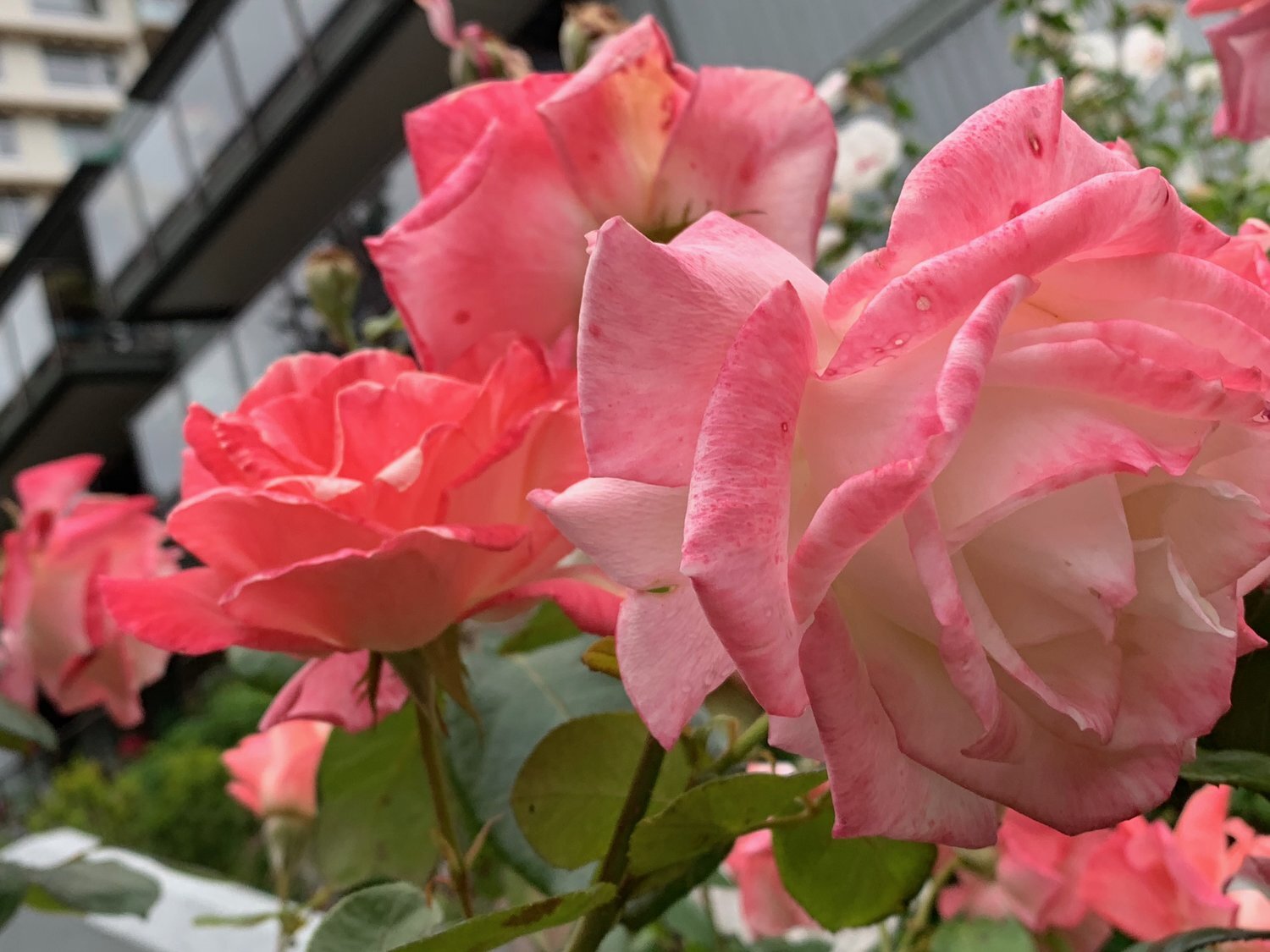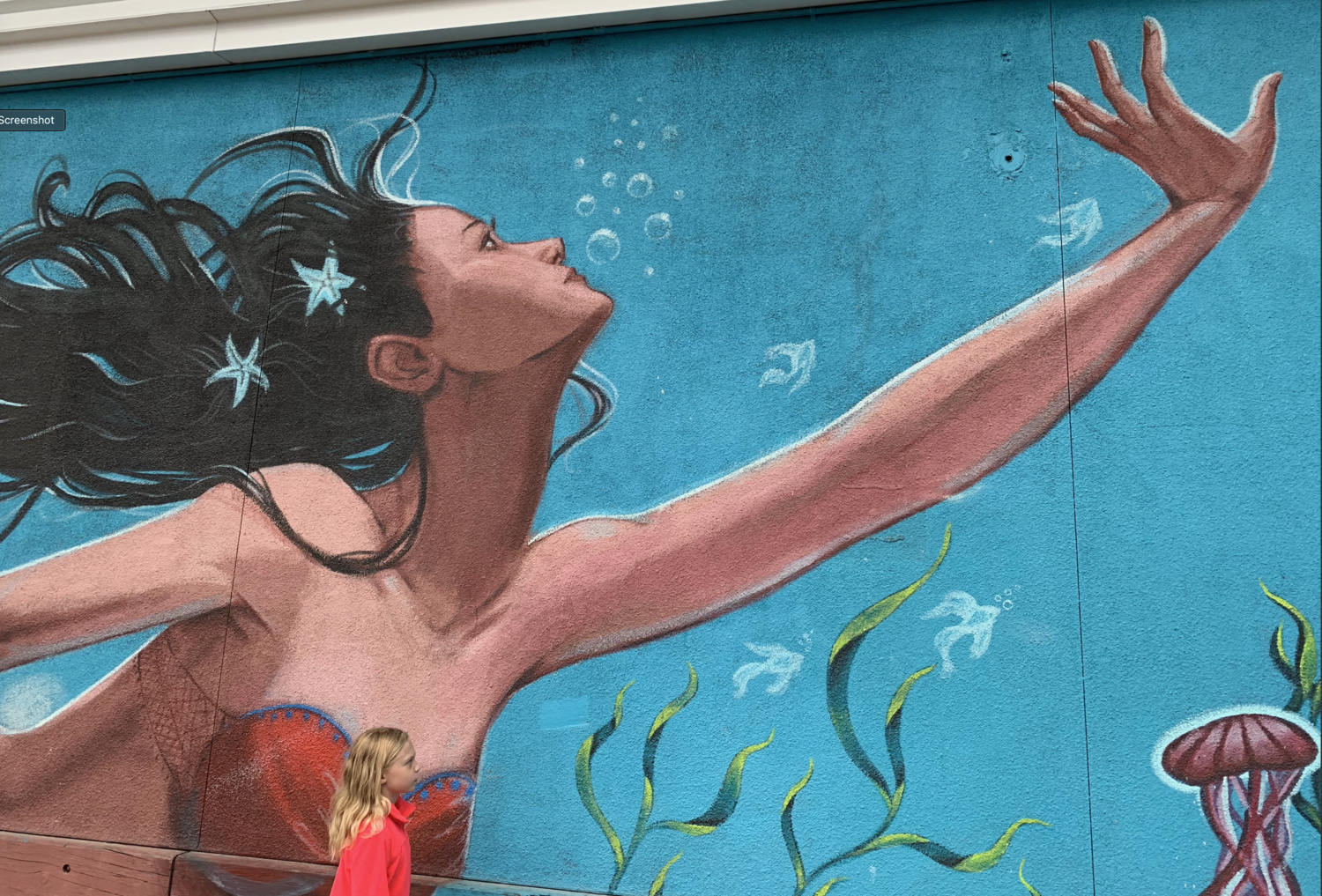Twain & Gore
Twain
From Life on the Mississippi, Mark Twain, 1883
A Wonderful Book
The face of the water, in time, became a wonderful book — a book that was a dead language to the uneducated passenger, but which told its mind to me [a river pilot] without reserve, delivering its most cherished secrets as clearly as if it uttered them with a voice. And it was not a book to be read once and thrown aside, for it had a new story to tell every day. Throughout the long twelve hundred miles there was never a page that was void of interest, never one that you could leave unread without loss, never one that you would want to skip, thinking you could find higher enjoyment in some other thing. There never was so wonderful a book written by man; never one whose interest was so absorbing, so unflagging, so sparklingly renewed with every reperusal. The passenger who could not read it was charmed with a peculiar sort of faint dimple on its surface (on the rare occasions when he did not overlook it altogether); but to the pilot that was an italicized passage; indeed, it was more than that, it was a legend of the largest capitals, with a string of shouting exclamation points at the end of it; for it meant that a wreck or a rock was buried there that could tear the life out of the strongest vessel that ever floated. It is the faintest and simplest expression the water ever makes, and the most hideous to a pilot's eye. In truth, the passenger who could not read this book saw nothing but all manner of pretty pictures in it painted by the sun and shaded by the clouds, whereas to the trained eye these were not pictures at all, but the grimmest and most dead-earnest of reading-matter.
Now when I had mastered the language of this water and had come to know every trifling feature that bordered the great river as familiarly as I knew the letters of the alphabet, I had made a valuable acquisition. But I had lost something, too. I had lost something which could never be restored to me while I lived. All the grace, the beauty, the poetry had gone out of the majestic river! I still keep in mind a certain wonderful sunset which I witnessed when steamboating was new to me. A broad expanse of the river was turned to blood; in the middle distance the red hue brightened into gold, through which a solitary log came floating, black and conspicuous; in one place a long, slanting mark lay sparkling upon the water; in another the surface was broken by boiling, tumbling rings, that were as many-tinted as an opal; where the ruddy flush was faintest, was a smooth spot that was covered with graceful circles and radiating lines, ever so delicately traced; the shore on our left was densely wooded, and the somber shadow that fell from this forest was broken in one place by a long, ruffled trail that shone like silver; and high above the forest wall a clean-stemmed dead tree waved a single leafy bough that glowed like a flame in the unobstructed splendor that was flowing from the sun. There were graceful curves, reflected images, woody heights, soft distances; and over the whole scene, far and near, the dissolving lights drifted steadily, enriching it, every passing moment, with new marvels of coloring.
I stood like one bewitched. I drank it in, in a speechless rapture. The world was new to me, and I had never seen anything like this at home. But as I have said, a day came when I began to cease from noting the glories and the charms which the moon and the sun and the twilight wrought upon the river's face; another day came when I ceased altogether to note them. Then, if that sunset scene had been repeated, I should have looked upon it without rapture, and should have commented upon it, inwardly, after this fashion: This sun means that we are going to have wind to-morrow; that floating log means that the river is rising, small thanks to it; that slanting mark on the water refers to a bluff reef which is going to kill somebody's steamboat one of these nights, if it keeps on stretching out like that; those tumbling 'boils' show a dissolving bar and a changing channel there; the lines and circles in the slick water over yonder are a warning that that troublesome place is shoaling up dangerously; that silver streak in the shadow of the forest is the 'break' from a new snag, and he has located himself in the very best place he could have found to fish for steamboats; that tall dead tree, with a single living branch, is not going to last long, and then how is a body ever going to get through this blind place at night without the friendly old landmark.
No, the romance and the beauty were all gone from the river. All the value any feature of it had for me now was the amount of usefulness it could furnish toward compassing the safe piloting of a steamboat. Since those days, I have pitied doctors from my heart. What does the lovely flush in a beauty's cheek mean to a doctor but a 'break' that ripples above some deadly disease. Are not all her visible charms sown thick with what are to him the signs and symbols of hidden decay? Does he ever see her beauty at all, or doesn't he simply view her professionally, and comment upon her unwholesome condition all to himself? And doesn't he sometimes wonder whether he has gained most or lost most by learning his trade?
❧
I suggest marking up your texts a bit, so that you can see the structure for yourself. Below, I’ve put noted several key terms (metaphor, analogy, th.st, etc.) and colour-coded the text. I use blue for metaphor in the first paragraph, and then use a range of colours in the second and third paragraphs to see more clearly how one aspect of the river is seen as pretty and then as practical.
❧
Thesis statements can vary, yet they need to get at the structure of the text:
Thesis Statement 1: Twain sets up a comparison between reading a book and piloting a steamboat, and then contrasts superficial and deep 'readings' of a river in order illustrate that superficial readings can be more enjoyable because they avoid real dangers
Thesis Statement 2: Twain metaphorically compares river piloting to reading, contrasts positive and negative descriptions (or ‘readings’) of a river, and uses an analogous scenario to underscore his point that vital knowledge isn’t always enjoyable.
Remember that you need to show how the author uses rhetoric to a particular effect. For instance, if you say that Twain uses negative description in his third paragraph, then you should not just list the negative descriptions, as in the following:
Twain writes, “This sun means that we are going to have wind tomorrow,” which is a very negative thing to say, and it goes along with all the other negative things he is saying. Here are some more negative things: ....
Rather, make an argument about how Twain’s negative descriptions affect the reader, in the context of the overall aim of his essay:
In the second paragraph, Twain writes that a “broad expanse of the river was turned to blood,” which is a poetic way of referring to a sunset, but not a helpful or practical observation. Compare this to what he says in the third paragraph: “This sun means that we are going to have wind tomorrow.” Here he takes the same basic situation (a description of a sunset) and turns it from a poetic yet impractical description into a prosaic yet practical one. This fits with his overall aim, which is to show the reader that deeper knowledge may not be pleasing or pretty, but it is absolutely necessary.
Gore
The following essay was written in 1990, when Al Gore was a U.S. senator from Tennessee.
Again, I suggest marking up your text so that you can see patterns. I’ve done this in two ways below. The first version emphasizes the larger spatial pattern (in green), while the second version emphasizes the way the emotional references to ghosts and death (in pink) fit into the overall spatial pattern. When you colour the text in this way, you can also literally see alternate ways to focus your analysis. For instance, you might use the big arrow in the first version to make an argument about the odd spatial image in the title (why would a ship be in a desert?), or you might look at the references to authority (in orange) and see how they are connected to the use of logic (in yellow), and then see how these rational aspects are underscored with emotional metaphors (also in yellow).
Remember that you want to think like a lawyer and make a particular case: your case. Let other lawyers make their own cases.
There’s no one way of doing a rhetorical analysis. Another way of saying that is that there’s only one way of doing it: your way. Just listen to Frank, Elvis, Sal and Jay-Z.
Version 1
Thesis Statement 1 for “Ships in the Desert”: Gore connects his global scenes and logical explanations to the U.S., and then uses emotional imagery to make Americans feel both responsible for, and haunted by, environmental destruction.
Version 2
Thesis Statement 2 for “Ships in the Desert”: Gore combines the use of authority (scientists and his own status as senator) with the use of logic (in his global coverage and exposition) and gives these factual strategies an emotional punch by making Americans feel complicit and even fearful of what might happen if they fail to do something.
—————————————-














